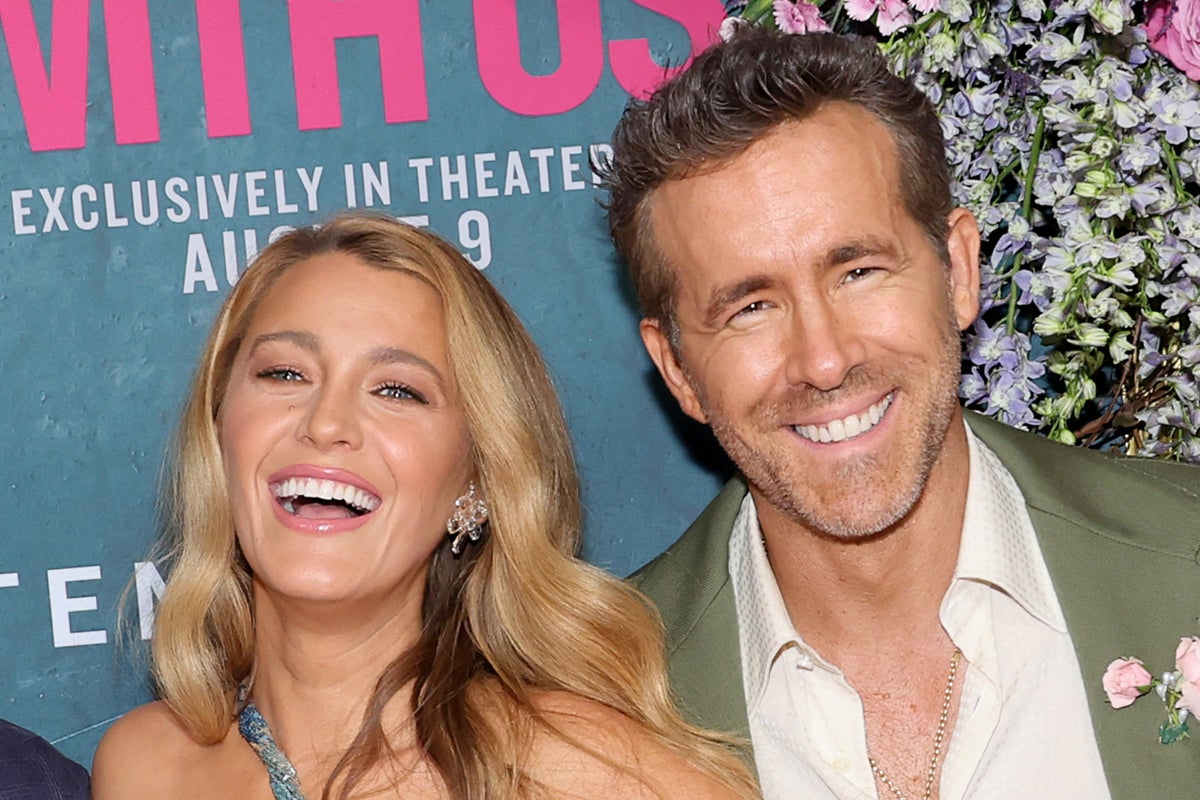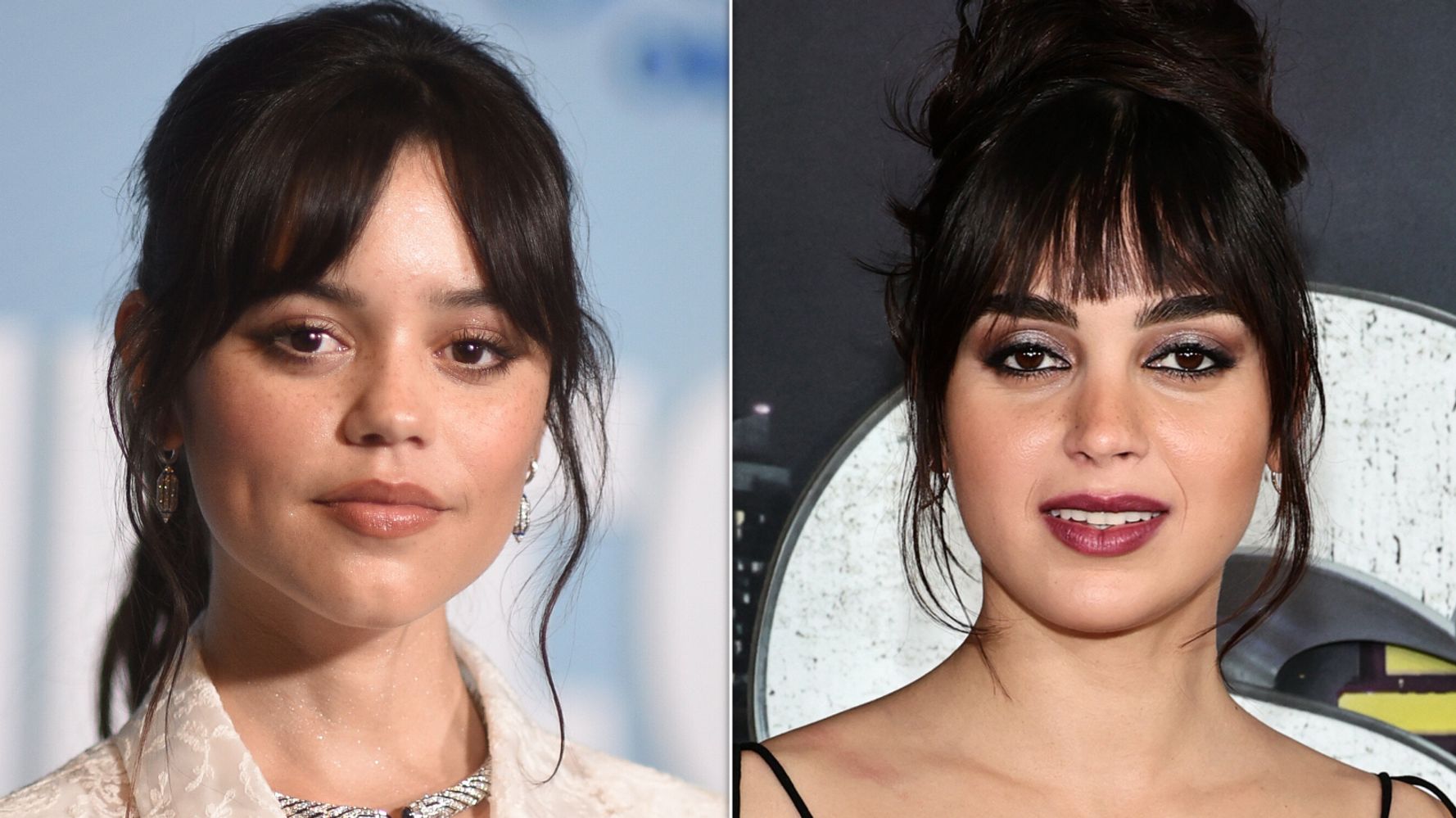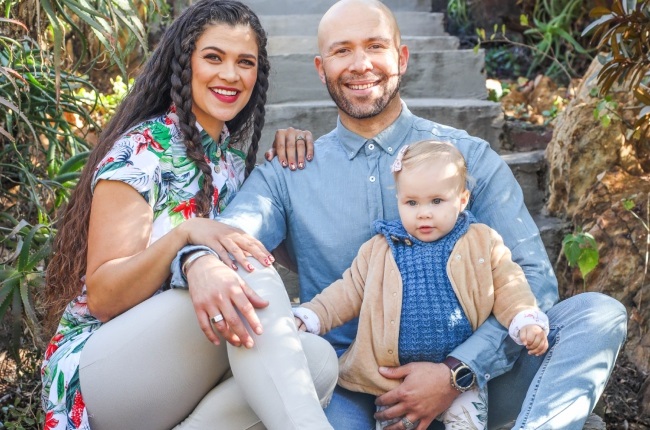It Ends with Us: The Perils of Hollywood’s New Wave of Multi-Tiered Brand Promotion
The recent release of “It Ends with Us” has sparked a debate about the insidious and depressing trend of Hollywood celebrities using their films primarily as merchandising opportunities and personal brand extensions.
The film, starring Blake Lively, is a melodramatic love story about a woman trapped in a cycle of domestic violence. However, the film has been criticized for its overemphasis on aesthetics and commercial tie-ins, which many fans feel are inappropriate for a film about such a sensitive subject matter.
Lively, who has embraced the “Swift Effect” of simultaneous creative projects and multiple business endeavors, has launched a haircare line, promoted her drinks labels, and involved her husband, Ryan Reynolds, in the film’s promotion.
The couple’s marriage and family have become key components of their personal brands, blurring the lines between their film work and their moguldom. This approach is representative of a new era in A-list self-promotion, where celebrities operate as units and leverage their relationships and alliances for maximum profitability.
This trend is evident in the integration of Reynolds’ Aviation Gin and the couple’s children into Reynolds’ recent films, as well as Lively’s boasting about Reynolds’ contributions to the “It Ends with Us” script.
The result is a sense of capitalist love-in that alienates viewers and undermines the legitimacy of the film’s message about domestic violence.
The commercial tie-ins, such as the “Ryle You Wait” cocktail, have drawn ire from fans who feel they trivialize the film’s subject matter.
Furthermore, rumors of discord on the set, including the absence of director Justin Baldoni from group promotion, suggest that the film’s message has been compromised by the excessive focus on commercialism.
The most troubling aspect of this new wave of brand promotion is its potential to eclipse the artistry of the performers themselves.
Reynolds has abandoned any pretense of being a serious actor, while Lively, once a respected actress of range, is now caught in the maelstrom of her personal brand.
Her performance in “It Ends with Us” suffers from the constant distraction of the film’s commercial overtones.
Ultimately, the future of Hollywood cannot be one where filmmaking is reduced to a mere quadrant of a wider business plan. The best movie stars should not be treating their craft as a means to an end.



